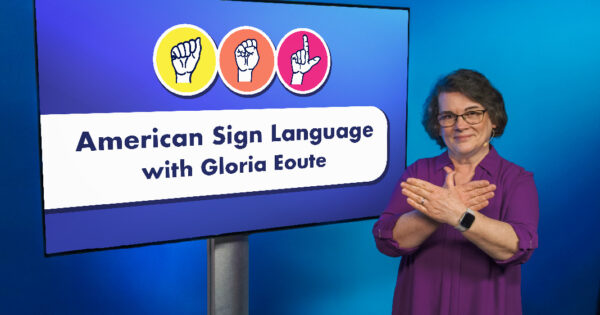
Homeschooling and an organized home go hand in hand. When your entire life is lived in your home, staying organized is key to your success. Here are some recommendations on how to organize your homeschool life to make for a smoother homeschool experience.
Keep Reading


